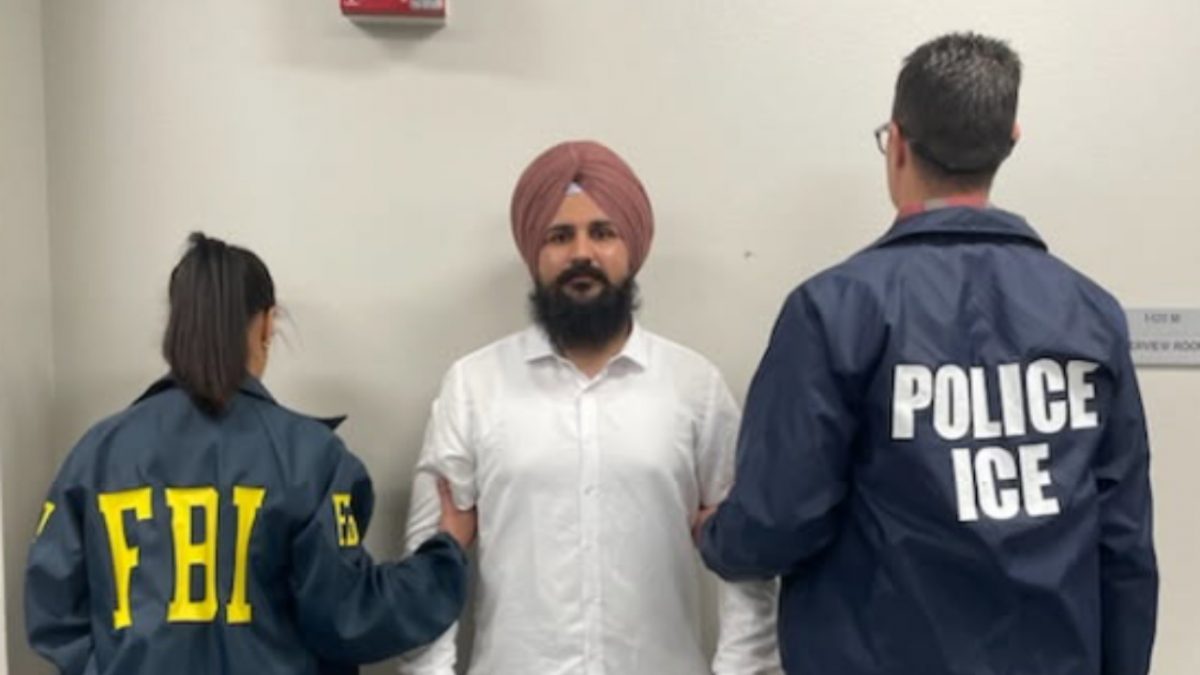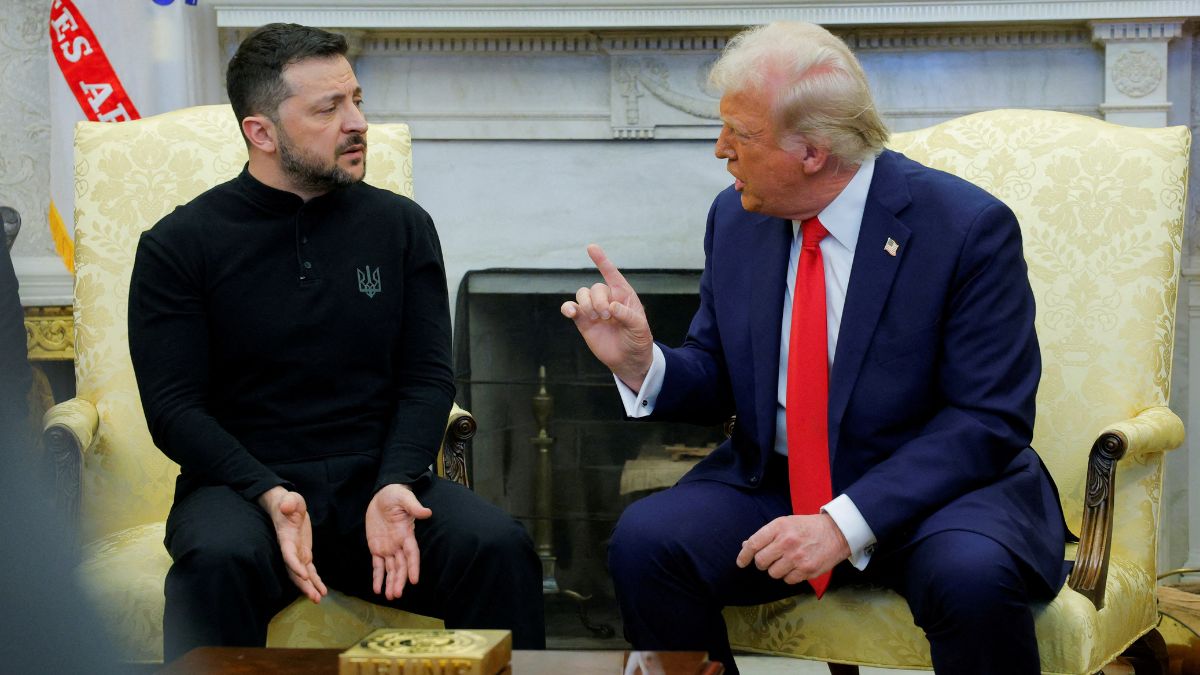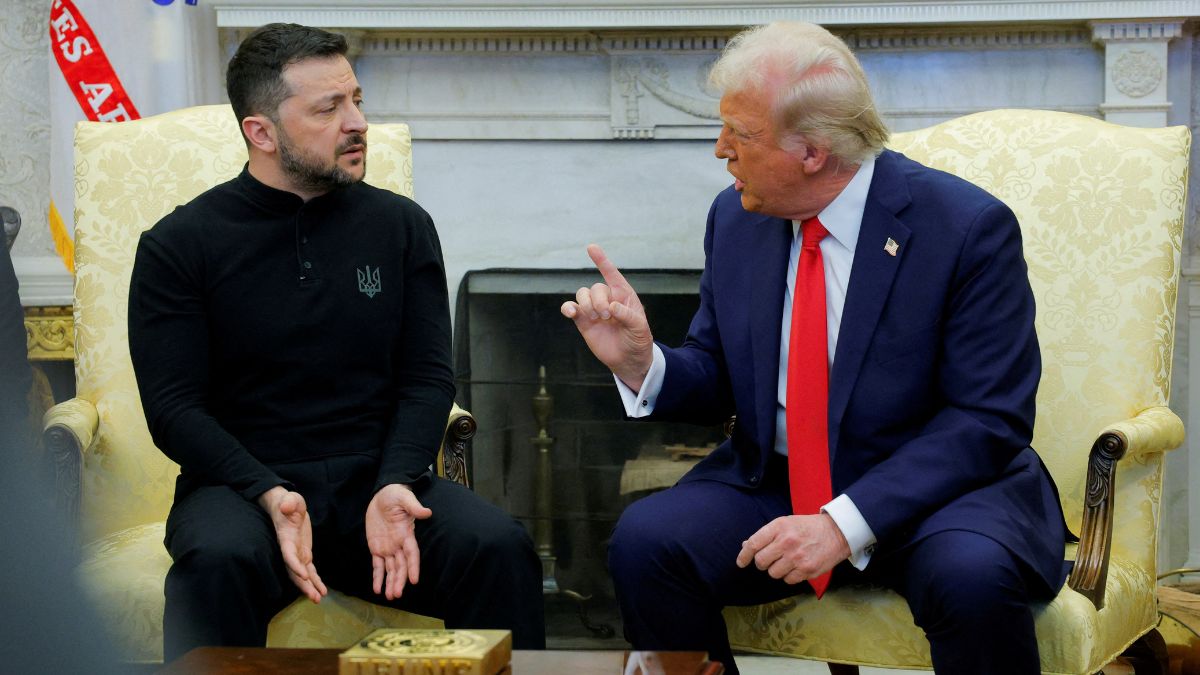World’s leading chipmaker Nvidia has been caught firmly in the trade war between the United States and China.
The US-China trade war is already taking a toll on Nvidia: the company has taken $5.5 billion in losses, it is being probed by a Congressional committee, and it has essentially been accused of collaborating with Chinese entities to bypass US export controls.
The scrutiny on Nvidia increased after Chinese company DeepSeek’s R1 artificial intelligence (AI) model shocked the world. The company claimed to have build the model, which was deemed as good as if not better than US-made models like ChatGPT, at a fraction of the cost and at less powerful chips that US companies, such as ChatGPT-maker OpenAI, use.
US-China trade war lands Nvidia a $5.5 bn punch
As Nvidia has emerged as the world leader in chips used to power artificial intelligence (AI) operations, both the previous Joe Biden and current Donald Trump administrations have cracked down on the company’s business with China to limit China’s access to advanced US chips and technology.
The idea behind limiting China’s access to advanced Western technology is to maintain US supremacy in the domain of technology, particularly AI.
As part of the crackdown, the Biden administration put curbs on the export of Nvidia’s H100 and A100 chips in 2022. The Trump administration followed those curbs with fresh curbs this week on Nvidia’s H20 chip.
Nvidia said that the Trump administration’s curbs have caused the company loss of $5.5 billion as it can no longer fulfil orders for the chips.
Nvidia used loophole to trade with China, says Congressional committee
A China-focussed Congressional committee looking into Nvidia’s dealings with China has said that it appears that Nvidia purposefully used a loophole in previous export curbs to sell chips to China.
In a bipartisan report on DeepSeek’s R1 AI model, the House CCP Committee said that DeepSeek operates on tens of thousands of Nvidia chips and some of those chips have been bought by the company in violation of export curbs.
The report specifically mentions Nvidia CEO Huang and says he ordered the company engineers to make a chip that would use loopholes in the export controls to be allowed to be sold in China. This is a reference to the H20 chip that the Trump administration has now imposed curbs on. The chip is the watered down version of the H100 chip that the Biden administration had imposed export controls on.
In a letter to Huang, House CCP Committee Chairman John Moolenaar and Ranking Member Raja Krishnamoorthi said that DeepSeek R1’s capabilities suggest that “that loopholes or indirect channels may still exist” that allow Nvidia’s chips covered by the curbs to reach the company.
“This raises serious questions about whether current US export control laws adequately prevent the most sensitive AI technologies from falling into the hands of our adversaries. Failure to correct deficiencies could undermine US AI and technological leadership, affecting economic and national security for Americans,” the letter said.
Moolenaar and Krishnamoorthi sought the following information from Nvidia: A list of Nvidia’s customers in China and Asean that have purchased a select class of chips; any communications and correspondence between Nvidia and DeepSeek; all contractual documents and agreements, including but not limited to customer agreements, memorandums of understanding, or research agreements that Nvidia has with any Chinese entity under US sanctions.
Nvidia’s CEO China visit raises eyebrows
Amid such developments, the surprise visit of Nvidia CEO Jensen Huang to China has also raised eyebrows. The House Select Committee on the Chinese Communist Party has already flagged the visit and said the purpose of the visit appeared “to talk about how to produce even more” chips for Chinese entities.
The CCP is guilty of genocide, forced sterilization, slave labor, market manipulation, and ruthless censorship.
— Select Committee on the Chinese Communist Party (@committeeonccp) April 17, 2025
Yesterday, we asked NVIDIA why they’ve produced 1M+ chips for the China market. Hours later, their CEO flew to Beijing—to talk about how to produce even more.🤔 https://t.co/Fog9xTMLBN
In China, Huang met Nvidia’s clients, including DeepSeek founder Liang Wenfeng and Vice Premier He Lifeng.
In remarks carried by Chinese state media, Huang said during the visit that China was “a very important market for Nvidia” and expressed hope that Nvidia could “continue co-operating” with China.


)
)
)
)
)
)
)
)
)